Mario Ferro (MSc Development Management 2009), CEO of Wedu, held a workshop at LSE last month to discuss social entrepreneurship and impact investing. Mario has kindly agreed to answer a few questions on the major issues raised during the afternoon, including consultancy projects, the value of fieldwork, and vital tips for starting a social enterprise.
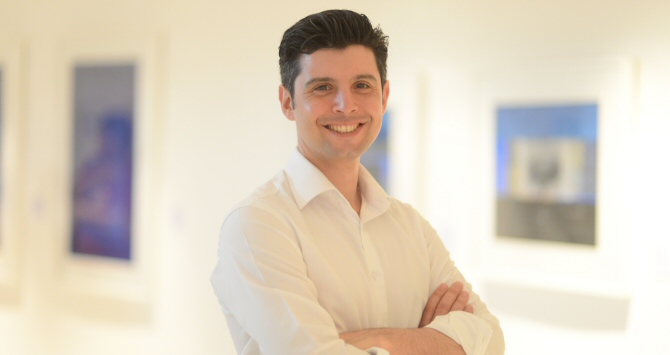
1. You were once a Development Management student yourself. You now assist the DV431 consultancy projects. What is the value of these projects, to the enterprise and to students?
Truth: the world outside school/university is very different from academia. The faster a student is able to understand the rules of the outside world, the more likely they will be able to be successful – unless they want to stay in academia, of course.
Dropping out these days is in fashion, but it may be a bit too radical for most of us. Development Management students are lucky that the department heels them with this one project. Smart students will use this opportunity to build a relationship with a potential employer, or to earn professional references to support their upcoming applications. As a student I used the project to learn more about the organization I was making it for, to build a relationship with the staff, and then to pitch follow-up engagement.
On the other side, smart organizations will leverage the incredible talent of students to create real innovation and value. At Wedu, we ask students to help us push the boundaries of our impact and produce innovative, applicable research. I have a personal commitment to do whatever I can to help students understand what is a high quality output for the market and achieve real change. We are currently using the model developed by last year’s team and we may publish the results of this year’s project in a scientific journal. I am really proud of some of the work done with the Development Management teams to date and look forward to more.
2. You strongly recommend spending time in the developing world. What are the key things that students learn from the field that they cannot understand from London?
Life is tough, well beyond the statistics we read. Mortality rates refer to real people suffering. You don’t understand HIV until you have seen a human being dying. You don’t understand the importance of sanitation until you spend one month in a rural village without it. You will never try to learn to swim by reading a book – you would jump into a pool.
I believe nobody can be called a development practitioner until having practiced. Let the Master’s (course) be the beginning of a journey.
After the MSc, I looked for a first job dealing with hardship. I ended up in the humanitarian relief effort in Haiti after the 2010 earthquake. I didn’t want to spend a whole career in the field of humanitarianism, but I will never forget the smell of dead bodies or the difficulties of getting the simplest task accomplished. I have been sick for weeks because I was brushing my teeth in the wrong way. I believe this experience, together with the many others that followed, help me take better decisions and achieve higher social impact today. They thought me how to build and motivate a team in these conditions, and how to design more robust processes.
I believe nobody can be called a development practitioner until having practiced.
3. Your views on bankruptcy are very striking. Tell us: why is it such a good thing?
Most people think bankruptcy is a bad thing. I disagree. I look at it as a tool that the private sector created to ensure the end of inefficiency – to create renewal of opportunities to entrepreneurs with the ultimate goals of creating more value for society.
Clear bankruptcy rules clear away ineffective organizations allowing resources to be redeployed where they can be of better use to society. I would love to see many more of the “zombie” non-profit organizations close down so their human and financial resources can be used by new players to achieve higher social impact.
Most important for me is the fact that bankruptcy gives a second chance to the entrepreneur that took the risk of making something remarkable happen. We all make mistakes and sometimes an idea fails due to external conditions.
A mentor told me “ideas may fail, but people never do. If you fall, stand up again and restart.” Bankruptcy for me allows just that.
“Ideas may fail, but people never do. If you fall, stand up again and restart.”
4. You have experience as a consultant for Greenpeace, PwC, etc. How have your experiences in the corporate world shaped your route into social enterprise?
Most large corporations are much more efficient and effective than public institutions and non-profit organizations, for one simple reason: if they don’t perform, they go bankrupt. I have actively sought experiences in the corporate world to learn precisely how to create large-scale systems based on these principles of effectiveness and efficiency.
Thanks to this experience, I came to appreciate first-hand how myopic a vision of “minimizing the overheads” is in the charitable space. Nobody asks Nike what their overheads are; we just ask them to make good shoes (products that people want). Charities should produce social impact at the highest possible level, because sometimes it saves lives. The development space should just be focused on generating products, services and programmes that beneficiaries want, not just stuff that funders like. A focus on minimising overheads is a distraction from the mission.
This is really at the core of the “Market Based Accountability” logic that Teddy Brett taught me in DV406 (now DV431). Working in the corporate world helped me learn from the best on how to achieve your goal to serve the people most in need. I started a social enterprise just to get that done.
The development space should just be focused on generating products, services and programmes that beneficiaries want, not just stuff that funders like.
5. You said that “the most prolific part of the ocean are where two streams meet”. What are the benefits to alignment between different faculties such as Development Studies and Management?
Cross-fertilization is important in any field. Management practitioners trying to solve social problems may miss some of the nuances that development practitioners have been observing for years. Development practitioners may find themselves stuck in spirals of research, not really focused on solving the problem, and may therefore benefit from an entrepreneurial mindset.
During my Masters I took courses in the Department of Finance and brought that learning to the classes of Prof. Wade. I learnt from Decision Science (Department of Management) and applied those principles to the evolution of Voting, Democracy and Globalization (then – DV425).
Positioning myself at the intersection of different departments enriched my student experience and prepared me better to start Wedu. I also made many more friends!
6. Your enterprise started out with just a few hundred dollars. What would be your top tip for people who are attempting to cost-structure a new enterprise?
Jacqueline Novogratz, one of my mentors, framed it in the best possible way: “just start and let the work teach you”.
It is important to do research and to be prepared. Google is a great resource to make cost projections. Excel is indispensable to give coherence to your structure. But just as you can’t learn to swim by reading a book, similarly, your cost projections will always be wrong until you start making real transactions and learn from what you are doing.
I was also strongly influenced by the concept of “Minimum Viable Product” and finding the real minimum required to start. Getting the sequencing of activities right is also important. Looking at it in detail may highlight opportunities to push forward very expensive activities and identify very affordable baby steps to test your initial hypothesis.
Also, never underestimate how much free stuff you can get out there, even in the form of a ride off somebody for a weekend to visit a village, the talent of passionate volunteers sharing your vision, the couches of friends when you are travelling – and remember, Harekrishnas are everywhere (if you are at LSE, you know what I mean!).
Conclusion:
To all the students out there who are scared about the upcoming uncertainty of finding a job, I just want to say: don’t choose the safe path. Get your hands dirty! The fancy New York headquarters will always be there. You are getting a degree in International Development. Go out, be international, develop something, and become a Master. I have personally chosen to always be an apprentice instead.
I encourage you to stay humble and keep learning, because no matter what your job title is, the world is always one step ahead. And that is all right because we are all in it together in the same way. When something seems really hard, “just start and let the work teach you”. When failures or bureaucracy are taking away your hope, remember Mandela’s words – “It always seems impossible until it’s done.”
You can reach out to me, and to each other, any time you need.
Mario Ferro is the CEO and co-founder of Wedu, a social enterprise promoting leadership development for women in Asia through mentorship and innovative educational financing. Previously, Mario has been a Senior Advisor for Energy Investments at Greenpeace, a Senior Consultant for PricewaterhouseCoopers (PwC) Advisory, and an Acumen Global Fellow. He holds an MSc in Development Management from LSE, and has worked and studied in many countries across the world.
About the MSc Development Management
Related Posts
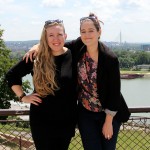 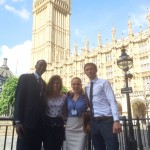 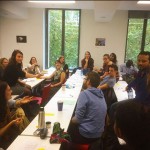 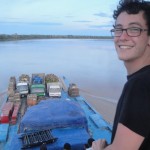 |


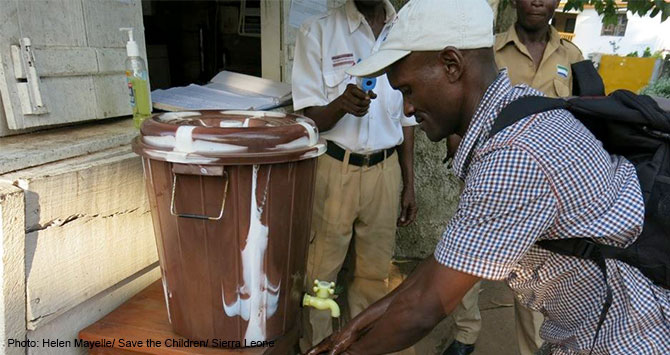

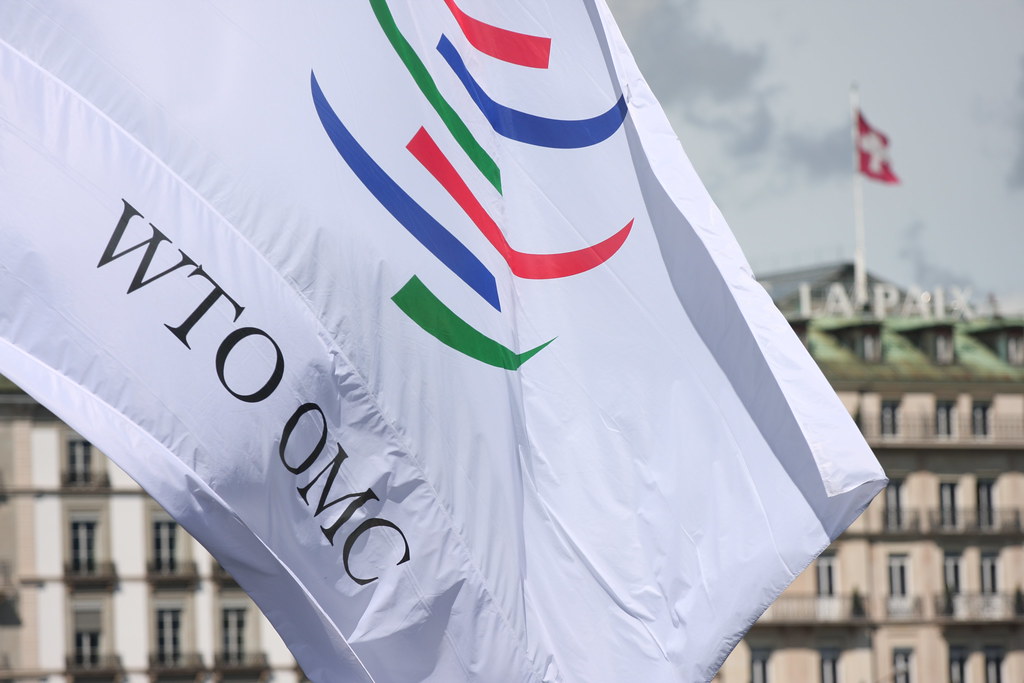

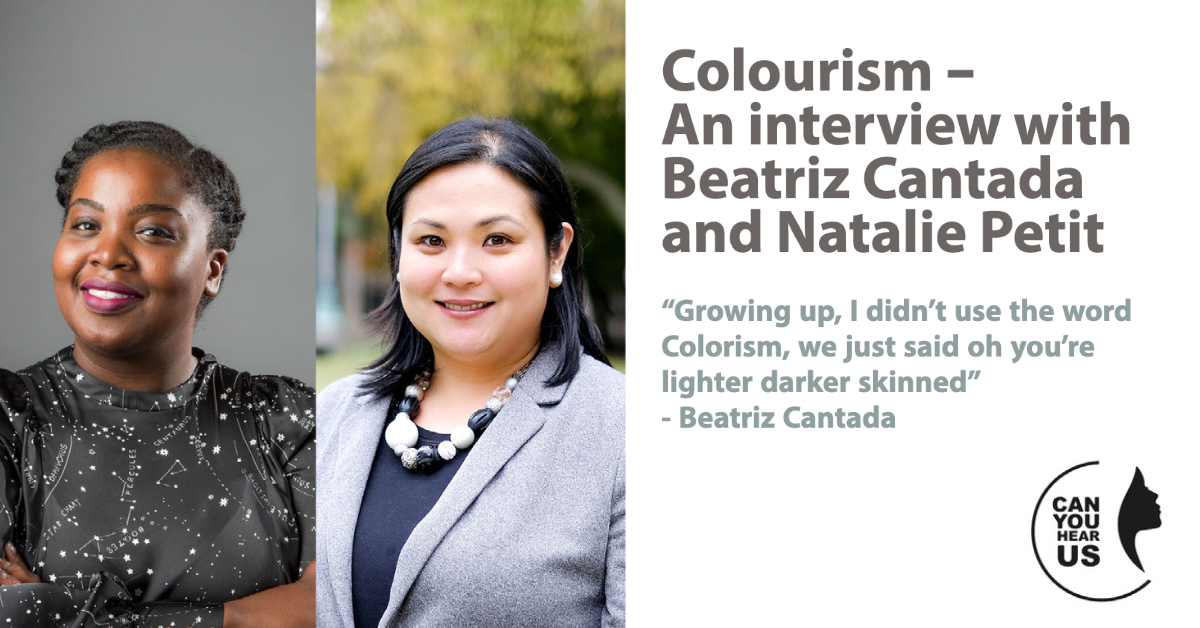
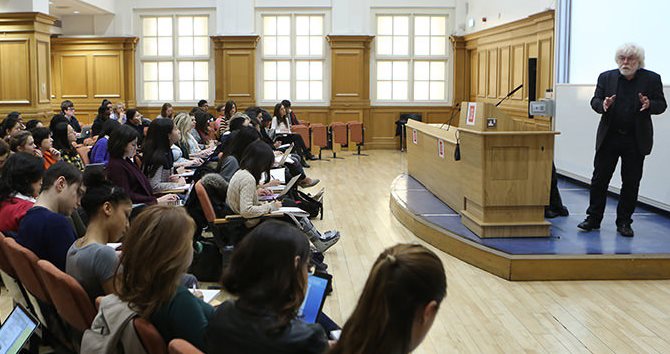
Great piece & glad this has introduced me to Wedu. Strong believer in the value of mentoring – particularly for women’s businesses. Having someone believe in you & what you’re doing is gold dust when you’re starting out in challenging circumstances.